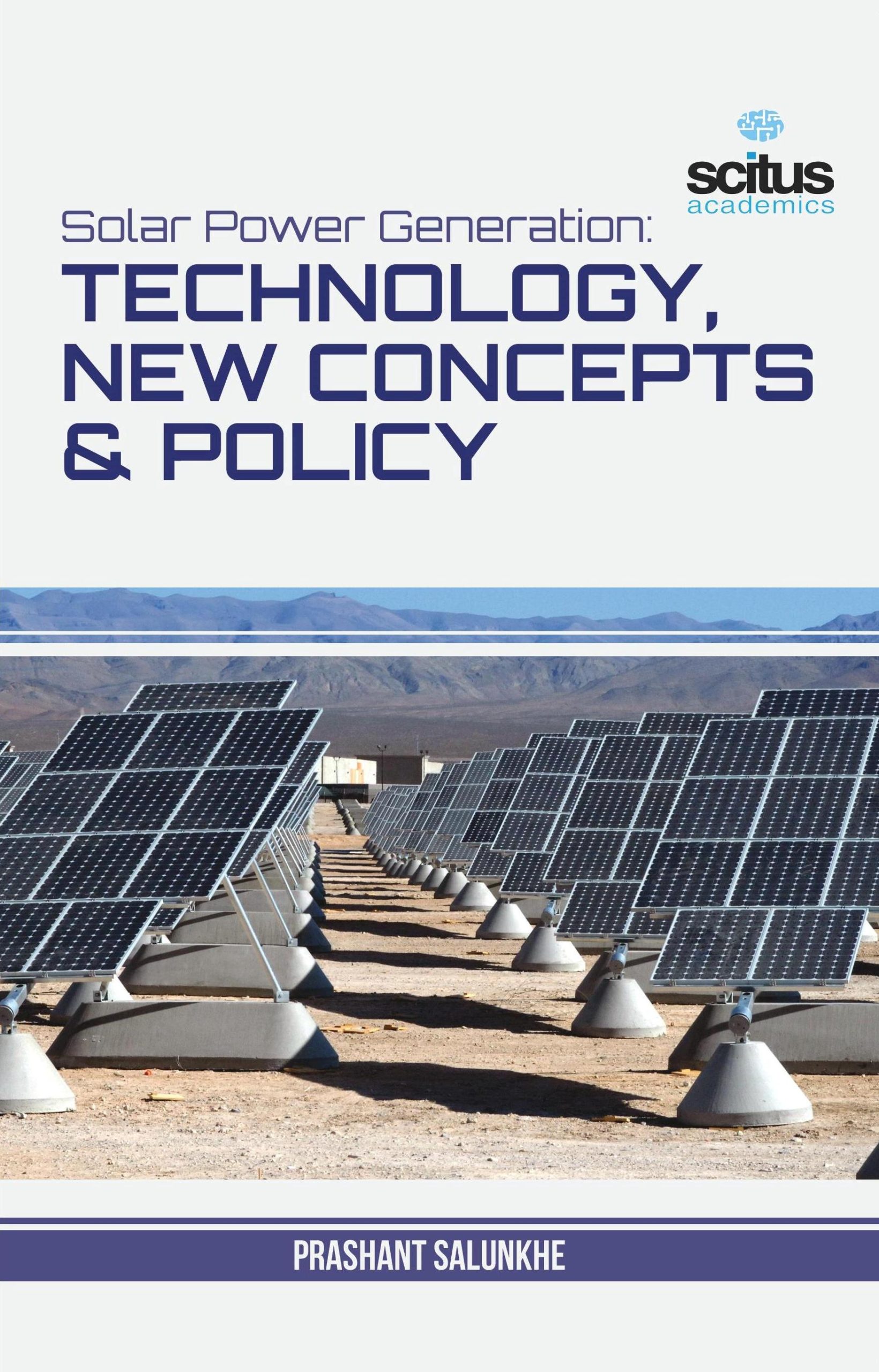Energy resources consist of fossil fuel such as oil, coal, and natural gas, and non-fossil energy such as solar, hydraulic, and geothermal energy. The supply of fossil fuels, the primary energy source today, is finite, with concerns of depletion, while its combusted gas is destructive to the global environment. These problems have prompted the recent focus on non-fossil energy.
These non-fossil energies do not release environment-polluting substances such as CO2, and because of their ability to be used sustainably, they are called recyclable energy. The most anticipated of them all is solar energy. It is said that if we could convert 100% of one second of sunlight that reaches Earth into solar energy, we could produce all the energy the entire world needs in one hour. That is how immense solar energy is, and considering that it is also clean, it is an energy source with great potential.
Solar power is produced by collecting sunlight and converting it into electricity. This is done by using solar panels, which are large flat panels made up of many individual solar cells. It is most often used in remote locations, although it is becoming more popular in urban areas as well.
This book offers a global perspective of the current state of affairs in the field of solar power engineering.













